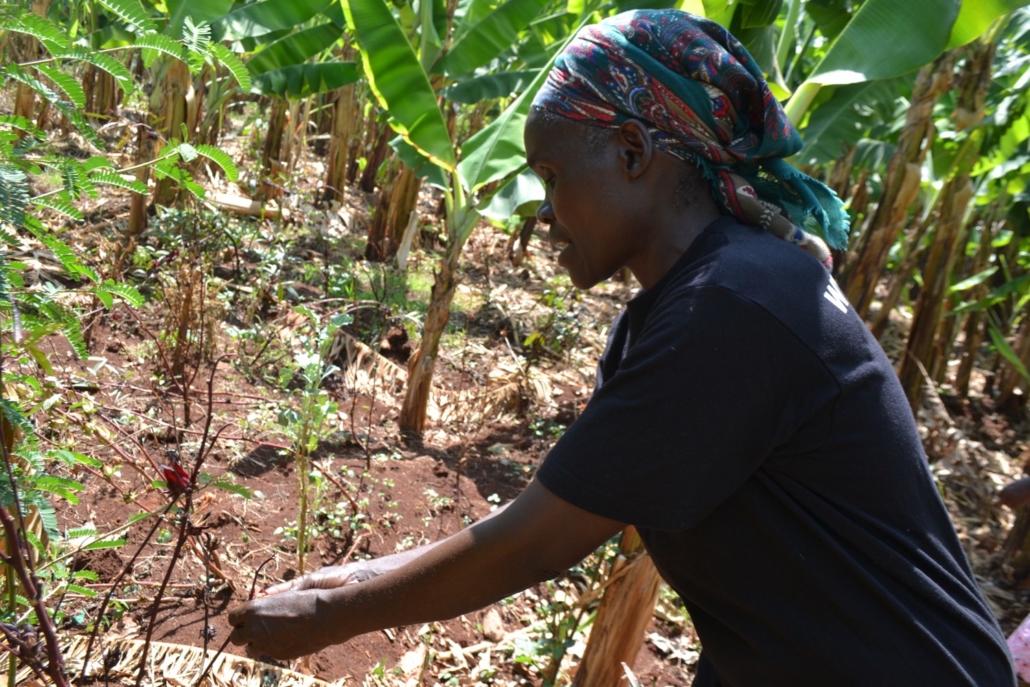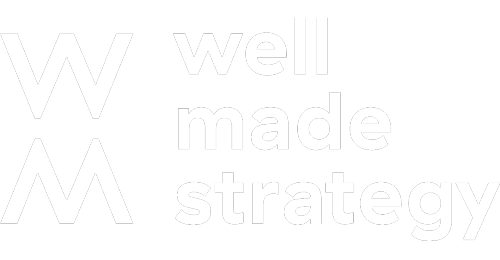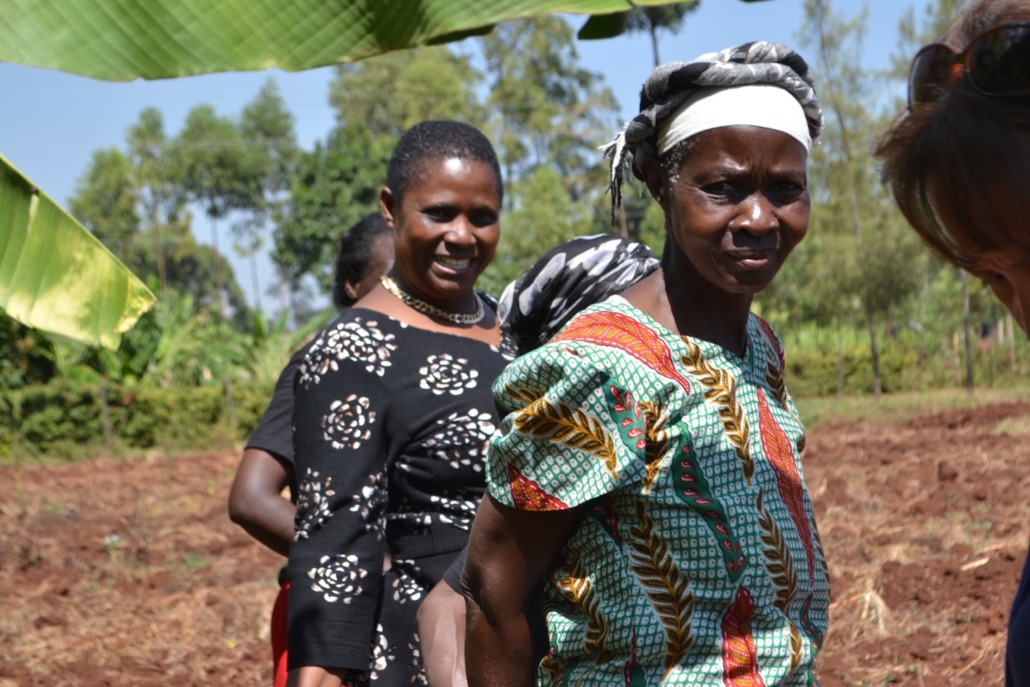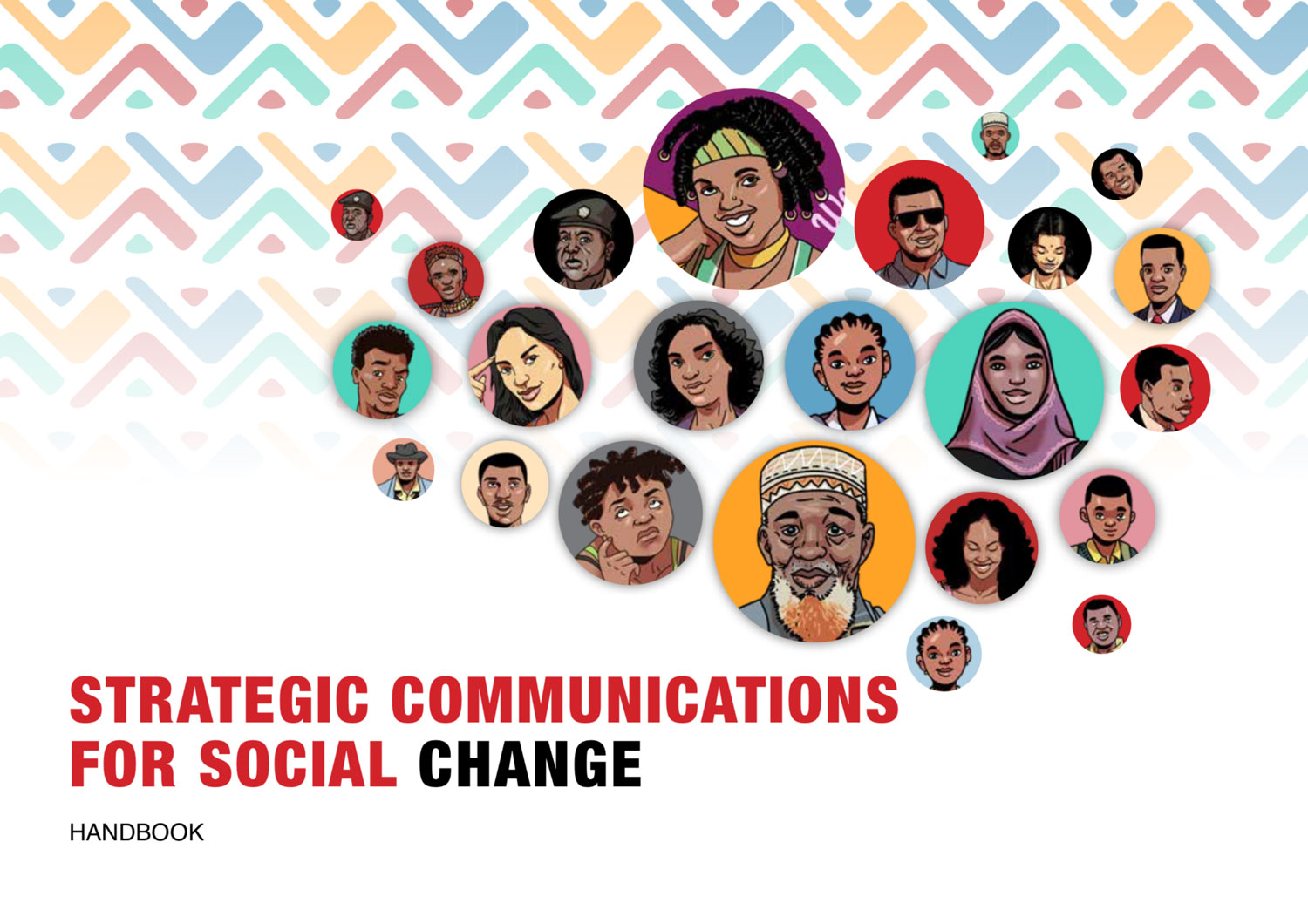By Fiona Imbali
Well Made Strategy’s newest team member, Fiona Imbali, previously worked on climate change issues at the African Centre for Technology Studies. While there, she moderated a high panel discussion of African Union in Nigeria on the Green Climate Fund. She holds an MSc in Development Management from The London School of Economics and Political Science. She brings her considerable knowledge to bear on the issues facing heads of state as they gather today in Glasgow to course the future of our planet.
The United Nations Environment Programme (UNEP) Emissions Gap Report 2020 shows that Africa is determined to reduce its greenhouse gas emissions and limit global warming to 1.5°C. The continent only contributes four per cent of global total Greenhouse gas (GHG) the lowest of any region, yet its socio-economic development is especially affected by the climate crisis.
The Africa Development Bank reports that seven out of ten climate vulnerable countries globally are in Africa. Kenya is one of the most vulnerable countries in Africa and continues to experience vast and widely documented impacts from climate change. It has low but growing levels of GHGs.
Climate finance is key to Kenya’s realisation of policy goals as set out in the Paris Accord, the African Union Agenda 2063 and Sustainable Development Goals (SDGs). For developing countries, such as Kenya, where impacts of climate change are severe, climate finance remains critical to catalyse actions through mitigation and adaptation. A robust financial mechanism that incorporates policy, systems and programmes that support mitigation and adaptation measures will be an effective response to the climate crisis challenge.
The gap in climate change financing has been attributed to a lack of an attractive host investment context as well as bureaucratic procedures that did not match existing systems of many developing countries such as Kenya.
As world leaders and climate enthusiasts gather in Glasgow, Scotland this week for the
United Nations Climate Change Conference, UNFCCs (COP26), key concerns on climate change will be raised. Developing countries want to know why the progress on the Paris Accord (Paris Climate Agreement) has been slow. The Paris Accord is an international treaty on climate crisis that aims to reduce carbon emissions to less than 2°C and countries are calling for its timely implementation.
G20 nations which control approximately 80 per cent of the world’s GDP are the biggest emitters as they also contribute 80 per cent of GHGs. Developed countries pledged to support climate change adaptation through contributions to an annual kitty of $100 billion by 2020. Reuters reports that donor countries raised $79.6 billion in 2019, the latest year for which data are available and $78.3 billion in 2018.
Covid-19 and Climate Crisis
Worldwide, there has been a decline in the prioritisation of climate issues during the covid-19 pandemic and potential recession could jeopardise climate budgets. The pandemic has been described as the most damaging humanitarian and economic crisis since the Second World War. It has had a particularly devastating impact on emerging economies where countries have had to divert resources towards fighting the pandemic.
The OECD reports on the impact of the covid-19 crisis on development finance shows an estimated drop of $ 700 billion exceeding the impact of 2008 Global Financial Crisis. This has seen a setback in the development agenda and increased climate change vulnerability. To “build back better” the continent should explore alternative financing mechanisms on top of the $100 billion pledged by the developed nations.
IMF reports show that food insecurity levels have more than doubled since the covid-19 pandemic. Approximately 100 million people or likely twice that number will be pushed to extreme poverty. Access to vaccines to vulnerable countries, debt forgiveness and climate finance have been the key political issues raised during the covid-19 period. The pandemic however, should not be a reason to derail climate action. A massively scaled-up and more progressive multilateral response is required to address it and finance is at the heart of it. Developed countries should consider especially the debt forgiveness agenda in the climate discourse as an important step towards climate action.
A Case for Climate Adaptation
The climate crisis has exacerbated issues such as population displacement, water scarcity and food insecurity. To secure communities livelihoods, governments need to set aside funds for climate adaptation. The global financial systems have been skewed towards mitigation projects. National governments often have to allocate resources for adaptation from their budgets.

The United Nations Environment Programme estimates that current annual adaptation costs in developing countries is estimated to be $70 billion and likely to rise to $300 billion by 2030 and $500 billion by 2050.
Countries should push for a global adaptation goal on finance during these deliberations.
Moreover, a lot of countries require their capacities to be strengthened to enable them to access global finance mechanisms. Policy makers in charge of adaptation should have clear plans with databases highlighting projects that make economic sense and package them for private sector investors.
There has been a disparity for years between financial flows towards mitigation over adaptation. In adaptation, there lacks a national adaptation financing framework. Even as we push for more funding from the available international mechanisms, we should look inward and find innovative ways to fund adaptation projects. The continent should think about climate resilient bonds such as green bonds and equities while ensuring their projects have Sustainable Development Goals (SGDs) and Environmental Corporate and Social Governance (ESG) benchmarks to attract private development finance.
The 189 nations that signed the Paris agreement were required to establish Nationally Determined Contributions (NDCs). These are climate-specific goals aimed at reducing countries’ carbon footprint. NDCs represent the most ambitious contributions to the Paris Agreement on climate change, they however need climate finance resources which should be accessible through bilateral and multilateral channels.
Kenya was among the first African nations to ratify the Paris Agreement putting in place policy mechanisms to mitigate against the effects of climate change. It has set aside about $ 8 billion for 10 years to implement the NDCs.
Developing countries require facilitated financial and technical support. In the Kyoto protocol, over 80% of international climate funds mobilised through the Clean Development Mechanism went to middle income economies such as China, 18 % to regions in South America and Middle East. Africa received less than 1%. Concerns were raised and the Green Climate Fund (GCF) was developed to correct this skewed climate financing and to integrate the needs of all developing countries in the global finance architecture. GCF is the world’s largest climate finance fund dedicated to supporting developing countries to mitigate and adapt to climate change. Its total portfolio currently stands at $10billion. So far African countries have had 37% of their projects funded at $ 3.7 billion.
The GCF has collaborated with diverse partners such as the African Development Bank to disburse funds and help African countries realise their climate ambitions through moth mitigation and adaptation projects. Some of the projects funded include: renewable energy, climate-smart farming, green transport, natural resource conservation, ecosystem services and others. Kenya has a huge opportunity to build a more robust climate finance mechanism by taking advantage of global linkages.
Strategic Communications for Climate Action
Strategic communication plays a critical role in climate action as it allows focused and illuminating discussions on different points of view. Some communicators have been accused of sowing confusion and science scepticism, mainly when public opinion is divided on such issues as climate change. Climate action communication should have specific objectives and target audiences to assist communicators to package the information appropriately.
Excellent communication should aim to promote progressive discussions that offer solutions rather than sow confusion. Science communicators should have clear objectives on what issues they want to highlight and use appropriate channels to disseminate climate stories. The aim is to present relatable and credible climate messages weaved in an exciting story to get people to listen to climate discussions.
Strategic communicators should understand the different perspectives of science communication to counter disinformation campaigns on climate. They should give factual accounts on the climate issue while also leaving an open door for dialogue to create space for constructive discussions of disputed realities.
Strategic communications will thus play a critical role in analysing climate messages at the COP and provide avenues for discussions of the differing viewpoints. Policymakers should understand why the communities feel aggrieved in these discussions, while academia should understand the importance of synthesising evidence for targeted audiences. Community voices should be heard through strategic storytelling.
Looking ahead
- Developed counties should push for debt-for-nature/ adaptation climate swaps that encourage developed countries to offer debt relief in exchange for countries taking climate action.
- Many African countries are yet to finalise on mechanisms for implementing NDCs and should prioritise this.
- Push for more diversity in climate financial instruments for adaptation and not just loans and grants that have been the norm. And at the same time prioritize financing approaches with multiple development co-benefits that are socio-economically progressive.
- Push for a greater ambition than the $100 billion annual fund from the developed countries. Africans need clear plans to meet the deficit of the $100 billion and prioritise what will create the biggest difference.
- Timely implementation of the Paris Agreement will avert atmospheric temperatures from rising to 2.7°C by the end of this century. Developed economies should lead with clear targets for reaching net-zero emissions by 2050.
- There is over $600 billion in annual climate finance flows globally yet Africa gets a paltry 3% of this ($12 billion). A lot of these contributions are from the private sector. African countries should develop a more ambitious narrative around climate finance, drawing on lessons from global covid responses for systems disruptions and re-design. Look at private capital flows, domestic flows within countries build project registers and share elements that make an economic case.
We must all make efforts towards progressive discourse and encourage innovations on climate change action. The climate crisis is everyone’s business.



